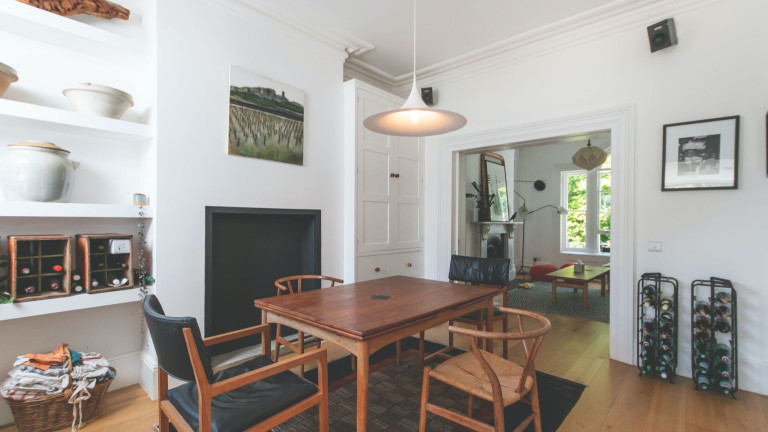
Bridging loans for over 70s
What are bridging loans, and how do they work?
In most cases, bridging loans are used to finance property purchases during a transitional period in your life – you need to bridge the gap between selling your existing home and buying your next home – the loan is repaid when the house is sold, and the equity is recouped.
The application process for a bridging loan is simple and flexible, and it lacks the stringent requirements of traditional loans. Having a specialist broker can be helpful, especially for retirees, and their handling of the process on your behalf can save you stress.
What are the common uses for over 70s with bridging finance?
- Residential property purchase - An ideal property can be snapped up with a bridge loan, giving you the breathing room to sell your current property. At the age of retirement, you’ll likely be looking to downsize; bridge finance is an option that can accommodate a necessary move.
- Refurbishment - You can use the money from a bridge loan to do any alterations or refurbishment to the property you wish to sell - potentially increasing its value and making it more attractive to buyers.
- Care Home fees – There are plenty of troubling aspects to moving into a care home. That's before considering the exorbitant monthly costs. Families often share the burden but cannot afford care home fees without selling their parent's property. In this scenario, arrangements for elderly relatives may need to be made, and bridging loans can provide the money required to secure an elderly family member.
- Assisted living fees – It may be necessary for elderly parties to receive additional care due to their inability to manage their finances and living arrangements independently. A bridging loan can help cover the costs quickly.
- Private medical costs - A private operation can be expensive, so raising the funds you need can be difficult. Remortgaging is an option, but it takes weeks rather than months. While your remortgaging application is being processed, you can pay your bill with bridging finance.
Is it harder to get a bridging loan if you’re over 70?
There is no upper age limit on securing bridging finance. Being 70 or over will not matter as lenders will only look to the security the loan is to be set against.
In fact, it may be easier to secure bridging finance at an older age due to financial security, e.g. more cash to hand, equity in a property, and a readily available pension.
Lenders will care most about your exit strategy and the security being offered. Typically, your exit plan comes in the form of said property – yet, you must still account for anything that may hinder repayment.
A bridging advisor can be helpful to assure you are not making any errors in the application or your repayment plan.
How long can it take to secure bridge finance?
With the aid of a specialist broker, the entire process is expedited. The money can be in your hands within days, depending on the complexity of your case.
Bridging loans are approved case-by-case and secured against your assets, so income and credit history are not considered during the application process.
Bridging finance is a fast alternative to traditional finance. If time is of the essence, we can quickly get your case to an appropriate lender without the stress of finding and approaching lenders directly yourself.
How much will a bridging loan cost?
If you are considering bridging financing, you should seek a consultation with a specialist broker for a more detailed assessment of the overall cost of the loan.
However, you can use our free bridge loan calculator to get an initial indicative quote on overall costs.
There are also additional fees, such as legal and broker fees.
We can find the finance you need at a favourable and fair rate
We work with specialist lenders, who often deal in niche or more general scenarios – we can package your case and find you the most suitable lender for your circumstances.
Speak to one of our bridging finance experts today to see how we can help you secure the short-term finance you need.
















